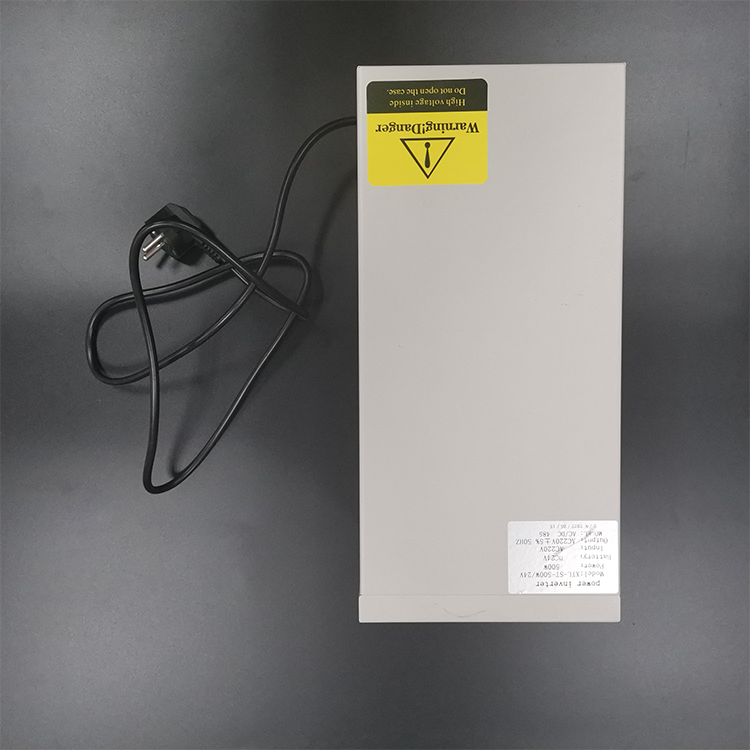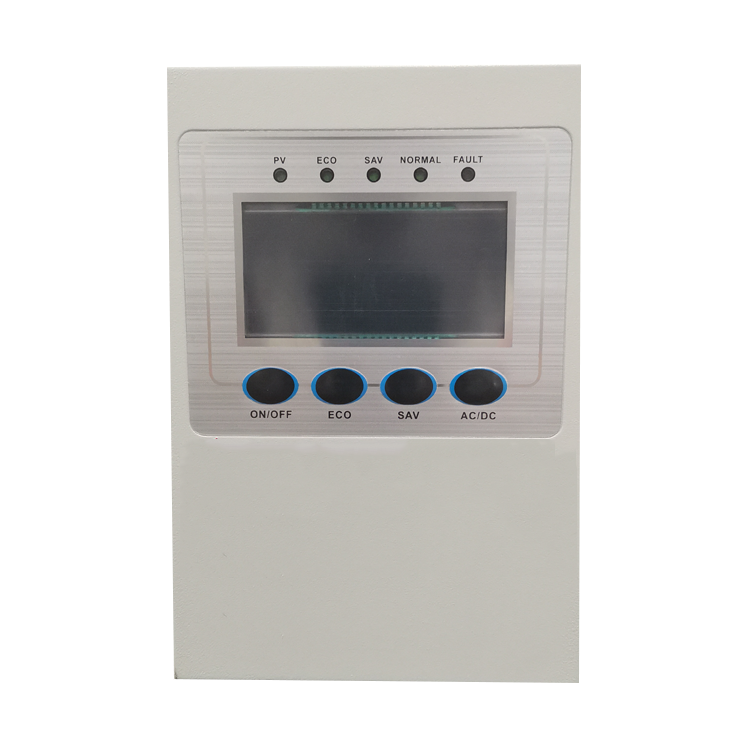Email format error
Email cannot be empty
Email already exists
6-20 characters(letters plus numbers only)
The password is inconsistent
Email format error
Email cannot be empty
Email does not exist
6-20 characters(letters plus numbers only)
The password is inconsistent


Understanding Hybrid Pure Sine Wave Inverters
As the demand for renewable energy solutions continues to rise, hybrid pure sine wave inverters have become increasingly popular among homeowners and businesses alike. These advanced devices play a crucial role in managing energy production, storage, and consumption. In this blog post, we will explore the fundamentals of hybrid pure sine wave inverters, their advantages, applications, and important factors to consider when choosing one.
What is a Hybrid Pure Sine Wave Inverter?
Definition and Functionality
A hybrid pure sine wave inverter is an electronic device that converts direct current (DC) from batteries or solar panels into alternating current (AC) suitable for household appliances and electronic devices. The term "hybrid" refers to the inverter's ability to work with multiple power sources, such as solar energy, grid power, and battery storage, enabling efficient energy management.
Key Features of Hybrid Pure Sine Wave Inverters
-
Pure Sine Wave Output: These inverters provide a smooth, consistent waveform that mimics the electrical power supplied by the grid. This makes them ideal for sensitive electronics that require clean power for optimal performance.
-
Multiple Power Sources: Hybrid inverters can switch between solar power, grid power, and battery backup seamlessly, ensuring a continuous power supply.
-
Integrated Charge Controller: Many hybrid inverters come with built-in charge controllers that manage the charging and discharging of batteries, enhancing overall system efficiency.
Advantages of Hybrid Pure Sine Wave Inverters
High Efficiency
One of the primary benefits of hybrid pure sine wave inverters is their high efficiency. They maximize the use of available solar energy while minimizing waste. This efficiency not only translates to lower energy bills but also contributes to a more sustainable energy system.
Flexibility and Versatility
Hybrid inverters offer exceptional flexibility, allowing users to adapt their energy systems to meet their specific needs. Whether you want to prioritize solar energy, use the grid as a backup, or rely on battery storage, these inverters can accommodate various configurations.
Improved Performance for Sensitive Electronics
The pure sine wave output provided by these inverters ensures that sensitive electronics, such as computers, medical equipment, and audio devices, function properly without the risk of damage or malfunctions. This feature is particularly important for households and businesses that rely on advanced technology.
Applications of Hybrid Pure Sine Wave Inverters
Residential Energy Solutions
Hybrid pure sine wave inverters are ideal for residential solar energy systems. They allow homeowners to harness solar energy during the day, store excess energy in batteries, and use it during the night or during power outages. This capability enhances energy independence and can lead to significant savings on electricity bills.
Example Use Cases
- Solar Panel Integration: Homeowners can install solar panels along with hybrid inverters to utilize renewable energy and reduce reliance on the grid.
- Backup Power: During outages, these inverters can seamlessly switch to battery power, ensuring that essential appliances remain operational.
Commercial Applications
Businesses can also benefit from hybrid pure sine wave inverters by reducing operational costs and increasing energy efficiency. These systems can help manage power consumption and ensure a stable supply of energy for various applications.
Key Benefits for Businesses
- Cost Savings: By utilizing solar energy, businesses can lower their electricity expenses while taking advantage of tax incentives for renewable energy.
- Reliability: Hybrid inverters ensure that critical operations continue uninterrupted during power outages, enhancing business resilience.
Off-Grid and Remote Applications
For off-grid living or remote locations where grid access is limited or non-existent, hybrid pure sine wave inverters provide a reliable energy solution. They enable users to generate, store, and utilize renewable energy efficiently.
Off-Grid Use Cases
- Cabins and Recreational Vehicles: Hybrid inverters can power cabins, RVs, and boats, allowing users to enjoy modern amenities in remote locations.
- Emergency Preparedness: In areas prone to natural disasters, hybrid systems can provide essential power during emergencies.
Factors to Consider When Choosing a Hybrid Pure Sine Wave Inverter
Power Rating
The power rating of the inverter, typically measured in watts, is a crucial factor to consider. Assess your energy needs by determining the total wattage of the devices you plan to run. Ensure that the inverter can handle peak loads, as some appliances require more power at startup.
Battery Compatibility
Ensure that the hybrid inverter is compatible with your chosen battery system. Consider factors such as battery voltage, chemistry (e.g., lithium-ion, lead-acid), and capacity. This compatibility is essential for optimal performance and longevity of the system.
Efficiency Ratings
Look for inverters with high efficiency ratings. An inverter with a higher efficiency will convert more of the stored energy into usable power, minimizing losses and maximizing output.
Installation and Maintenance
Consider the installation process and ongoing maintenance requirements. Some hybrid inverters come with user-friendly interfaces and monitoring apps, making it easier to track performance. Additionally, check if professional installation is required and factor in those costs.
Warranty and Support
A solid warranty and customer support are essential when investing in a hybrid pure sine wave inverter. Look for manufacturers that offer extended warranties and responsive customer service to address any issues that may arise.
The Future of Hybrid Pure Sine Wave Inverters
Technological Advancements
As technology continues to evolve, we can expect further advancements in hybrid inverter designs and functionalities. Innovations such as improved battery management systems, enhanced grid integration, and smart home compatibility are likely to emerge, making these systems even more efficient and user-friendly.
Growing Demand for Renewable Energy Solutions
With increasing awareness of climate change and the push for sustainable energy solutions, the demand for hybrid pure sine wave inverters is expected to rise. As more homeowners and businesses seek to reduce their carbon footprints, these systems will play a crucial role in the transition to renewable energy.
Integration with Smart Technologies
The integration of hybrid inverters with smart home technologies will likely become more prevalent. This will allow users to monitor and manage their energy consumption more effectively, optimizing the use of solar power and improving overall energy efficiency.
Conclusion
Hybrid pure sine wave inverters represent a significant advancement in the management of renewable energy. Their ability to provide efficient, reliable, and clean power makes them an excellent choice for residential, commercial, and off-grid applications. As technology continues to evolve, these inverters will play an increasingly vital role in the transition to a more sustainable energy future. Whether you are a homeowner looking to harness solar energy or a business aiming to reduce operational costs, investing in a hybrid pure sine wave inverter can lead to long-term benefits and energy independence.


